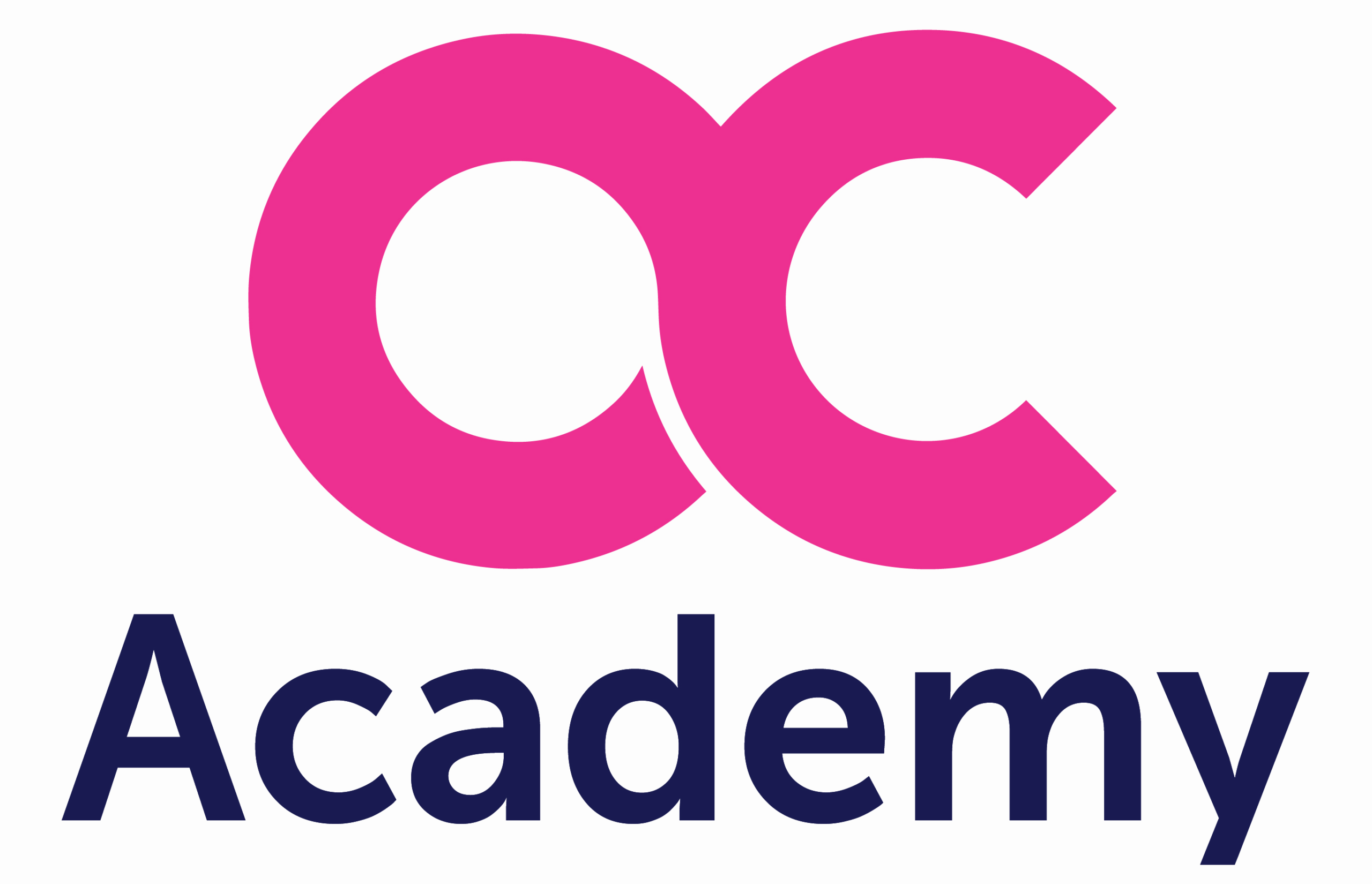The Tele-MANAS helpline, a flagship initiative of the Ministry of Health and Family Welfare, has become a vital resource for mental health support throughout India. Since its launch in 2022, the helpline has successfully handled over 24 lakh calls, indicating a daily average of more than 2,500 calls. This impressive outreach demonstrates the urgent need for accessible mental health services across the nation. The National Institute of Mental Health and Neurosciences (NIMHANS), Bengaluru, oversees the helpline’s operations, which officially began on October 10, 2022. [5]
Expanding Reach and Impact of the Tele-MANAS Helpline
From December 1, 2022, to July 24, 2025, the Tele-MANAS helpline has effectively addressed 24,25,885 calls. Callers originated from 37 states and Union Territories, translating to an average of 2,511 calls each day. This consistent demand highlights the increasing mental health challenges faced by people in India. The helpline provides free 24×7 tele-mental health services, specifically targeting remote and underserved areas. Consequently, it offers a crucial beacon of hope for millions. [5, 8]
Data from the helpline reveals a diverse caller demographic. The 31-60 age group leads with 2,86,286 calls, averaging approximately 296 calls daily. Following closely, the 19-30 age group contributed 1,98,409 calls, or about 205 calls per day. Meanwhile, individuals aged 60 and above made 37,745 calls, which equates to roughly 39 calls daily. This distribution underscores the widespread nature of mental health issues across various age groups. Uttar Pradesh recorded the highest volume of calls at 4,39,164, averaging 455 calls per day, thus indicating a significant mental health burden in that state. Lakshadweep, in contrast, registered the lowest number of calls, with only 722.
Other states also showed substantial call volumes: Tamil Nadu recorded 3,87,190 calls, Odisha 2,30,117, Maharashtra 1,83,442, and Rajasthan 39,996 calls. Callers reported a range of stressors. For example, 43,346 calls related to study stress, 22,740 concerned job-related issues, 73,377 involved financial problems, 17,826 were associated with relationship issues, and 18,377 stemmed from family conflicts. This detailed data helps policymakers understand the common challenges people face. [5]
Advocacy for a National Mental Health Policy
Sujeet Swami, a Kota-based activist and advocate, initiated the Right to Information (RTI) request in June 2024. The reply was provided on July 31. Swami emphasizes the seriousness of the current situation. He notes, “Despite a lack of widespread awareness and promotion, the Tele-MANAS helpline receives 2,511 calls daily. This is a clear indicator that mental health is a pressing national issue.” [5]
Swami further asserts that central and state governments must now seriously consider developing a uniform National Mental Health Policy to effectively address this escalating crisis. He points out that while mental health awareness is growing, many individuals still hesitate to openly seek help. Often, people struggle silently or seek advice from untrained family members, which can worsen their problems. Therefore, a robust awareness campaign and accessible mental health infrastructure are urgently needed. The Tele-MANAS helpline, reachable at 14416 or 1-800-891-4416, supports multiple languages, thus ensuring inclusivity across India’s diverse population. [2, 5, 8, 9, 11, 13, 15, 16, 17, 18, 19, 20, 24]
Recognizing the rising mental health concerns among minors, eight mental health experts, including Swami, from Rajasthan, Madhya Pradesh, and Haryana, have filed a Public Interest Litigation (PIL) with the Rajasthan High Court’s Jaipur bench. This petition advocates for implementing a uniform mental health curriculum and mandatory appointment of psychological counsellors in all schools, colleges, and universities across Rajasthan, regardless of their private, government, or deemed status. The PIL also highlights suicide data for individuals up to 25 years of age in specific cities like Kota, Jhalawar, Baran, Sikar, Jodhpur, and Jaipur from 2020 to 2025. This underscores the urgent need for enhanced mental health support within educational institutions. [5]
Frequently Asked Questions
Q1: What is the Tele-MANAS helpline?
The Tele-MANAS helpline is a flagship initiative by India’s Ministry of Health and Family Welfare, providing free 24×7 tele-mental health services nationwide. NIMHANS, Bengaluru, operates this helpline. [5, 8, 17]
Q2: How many calls has the Tele-MANAS helpline received since its launch?
Since its launch on October 10, 2022, and up to July 24, 2025, the Tele-MANAS helpline has received over 24 lakh (2,425,885) calls, averaging about 2,511 calls per day. [5]
Q3: What are the main types of issues callers report to the Tele-MANAS helpline?
Callers report various stressors, including study stress, job-related issues, financial problems, relationship issues, and family conflicts. [5]
References
- Govt’s Tele-MANAS logs over 24 lakh calls since ’22 launch – ETHealthworld
Disclaimer: This article was automatically generated from publicly available sources and is provided for informational and educational purposes only. OC Academy does not exercise editorial control or claim authorship over this content. It is not a substitute for professional medical advice, diagnosis, or treatment. Always consult a qualified healthcare provider and refer to current local and national clinical guidelines.
